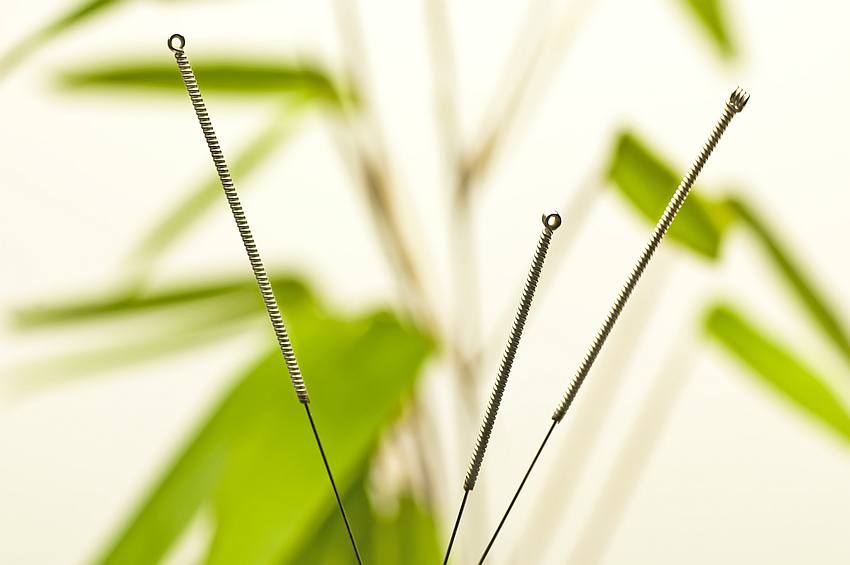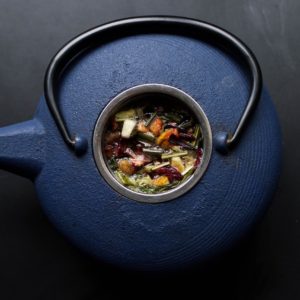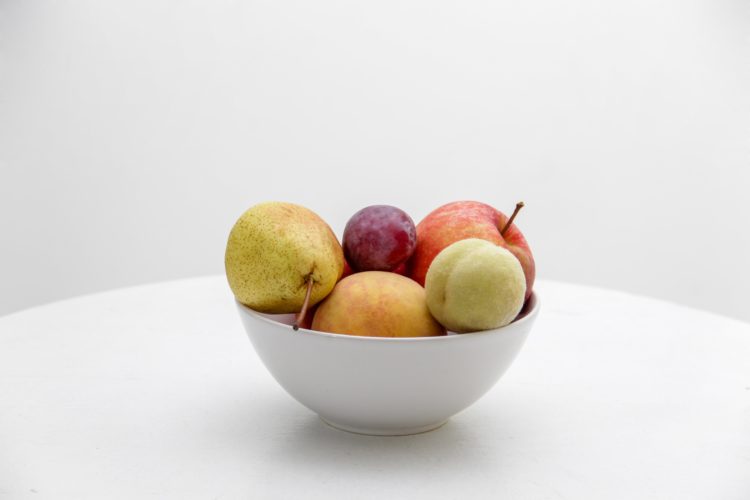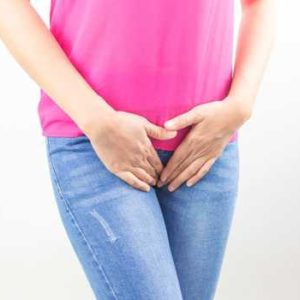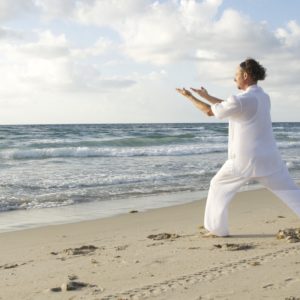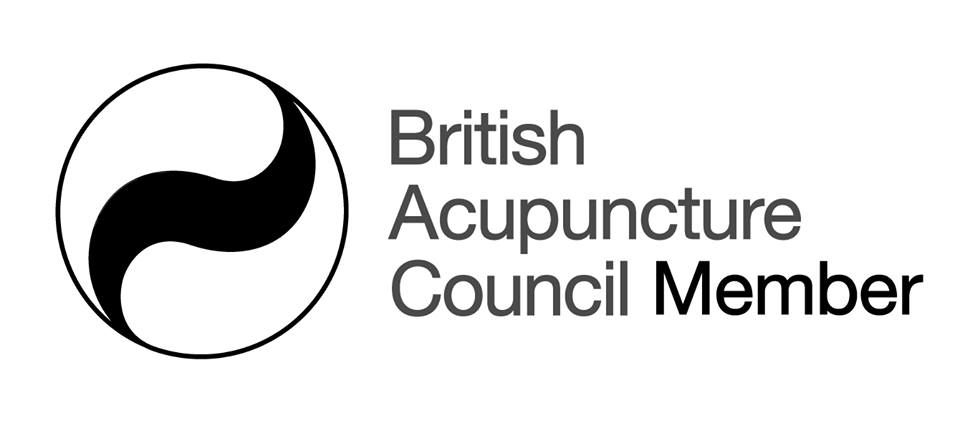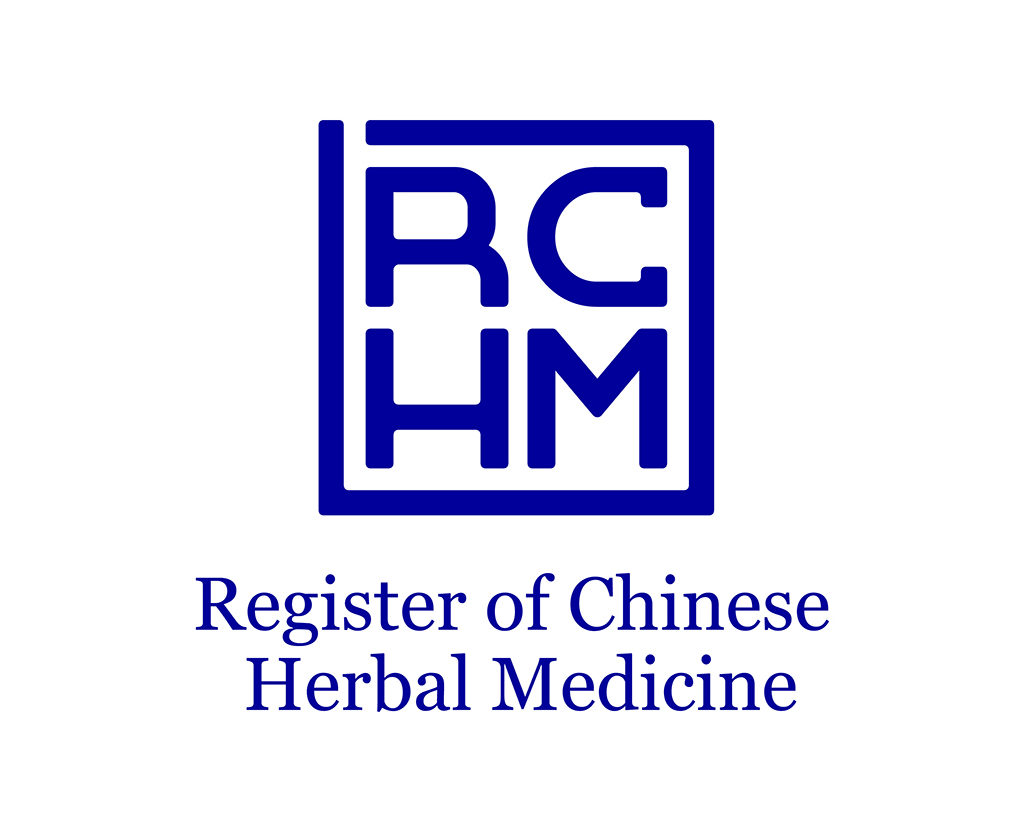Cystitis & Interstitial Cystitis
Natural treatments for UTIs
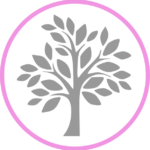
What causes cystitis?
Cystitis is inflammation of the bladder and is most often caused by a bacterial infection. The most common culprit is the bacterium E. Coli and it usually comes from the colon, so for obvious anatomical reasons, women are much more susceptible than men..
Other causes of cystitis include reactions to personal care products or medicines, and diabetics are more susceptible than most.
Some women complain of bladder infections after sex. This can either be bacterial or from pressure on the bladder during intercourse.
Acute cystitis can be really quite painful and very inconvenient, but generally doesn’t last too long and isn’t normally anything to worry about.
Unfortunately in many cases, cystitis recurs and can really start to interfere with just getting on with life. So it’s really worth keeping on top of the lifestyle issues that help keep it at bay..
The common symptoms of cystitis are,
| Symptoms of cystitis | ||
|---|---|---|
| Burning stinging pain when urinating | Frequent urination | Dark or cloudy urine |
| Urine smells fishy | Pain above the pubic bone | Blood in the urine |
| Feeling feverish | Feeling generally unwell |
It’s best to ‘nail it’ at the onset, and if the symptoms of an acute attack don’t clear up in 2 or 3 days you should get it checked out;
You should definitely see someone if you get blood in your urine, a temperature or pain in your back as this may indicate that the infection has moved up to the kidneys..
Acupuncture and herbs are very effective for cystitis, and can help prevent it from recurring.

Can acupuncture & herbs treat cystitis?
Acupuncture and herbs can help with acute cystitis and help prevent it recurring. Both therapies are great for treating inflammation and can reduce frequency and urgency.
Some of the herbs used for cystitis have antibiotic properties, which helps make sure there’s nothing left ‘lurking’ aif you’ve had an attack that went away on its own.

What is interstitial cystitis (IC)
Although it’s still inflammation of the bladder, interstitial cystitis is an altogether different animal. Also known as painful bladder syndrome, the pain from IC can be really severe, and often gets worse during your period,
It mostly tends to affect women in their 30s or 40s though it can affect men too. The pain can either come and go or be constant and is often worse as your bladder fills. Other symptoms, which are different for each person, include a sudden urgent need to pee, frequent urination and waking several times during the night to go to the loo.
Although this can make it seem like a bladder infection, in fact it isn’t – there are no bugs involved.
IC can really affect your life and relationships – sex is not an inviting prospect – and if you’re having a bad time with it, it can become quite depressing. Sometimes tests can show inflammation or scarring in the bladder, but what causes IC still isn’t known.
First line western treatment includes over the counter pain killers and antihistamines, and there are medicines to help relax the bladder.

Can acupuncture & herbs help IC
Acupuncture and herbs can provide relief from interstitial cystitis. Both are excellent at reducing inflammation and can calm the nervous system which is often involved. This seems to increase the bladder capacity and reduce frequency and urgency.
Importantly if you suffer from IC, acupuncture can help reduce both spasm and pain. This can be a god-send if you’re having an acute attack.
Acupuncture and herbs for cystitis and IC are based on individual diagnoses, so it’s hard to know how many treatments you might need. Treatment also depends on the severity of your symptoms and how long you have had the condition.
A standard set of acupuncture treatments would be four weekly sessions, but twice weekly sessions might be better if your symptoms are acute or very bad.
Get in touch if you’d like to find out whether CM could help you or just make an appointment.
How many sessions will you need?
Acupuncture and herbs for cystitis and IC are based on individual diagnoses, so it’s hard to know how many treatments you might need. Treatment also depends on the severity of your symptoms and how long you have had the condition.
A standard set of acupuncture treatments would be four weekly sessions, but twice weekly sessions might be better if your symptoms are acute or very bad.
Get in touch if you’d like to find out whether CM could help you or just book an appointment.
